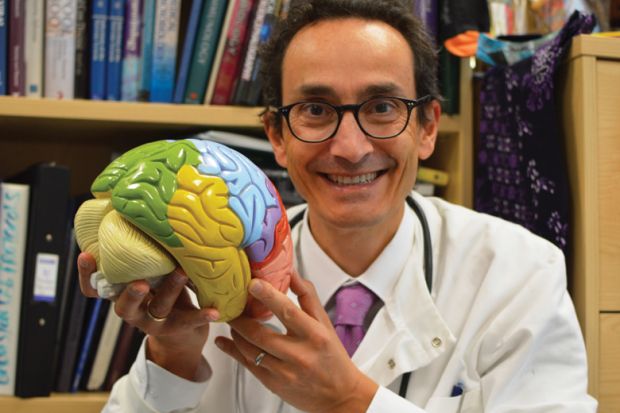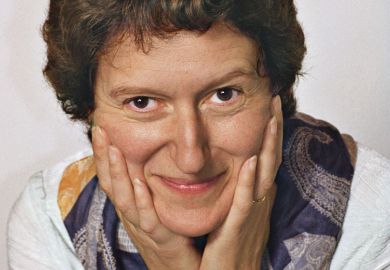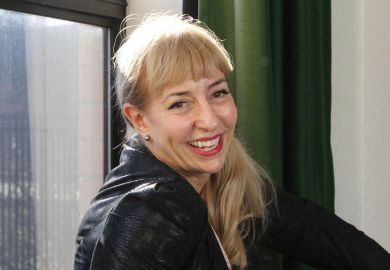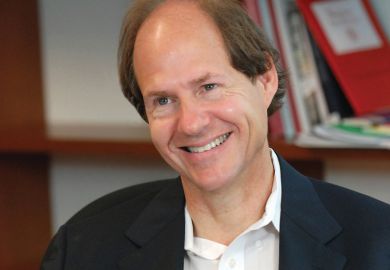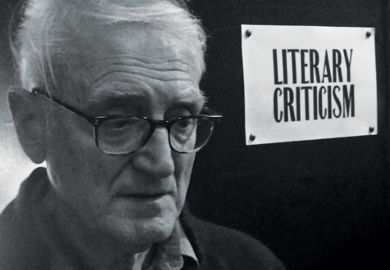What sort of books inspired you as a child?
I liked adventure and travel, starting with Swallows and Amazons and moving on to Somerset Maugham’s stories of life in the Orient, which led to my interest in tropical diseases. In the 1980s, having watched Roald Dahl’s Tales of the Unexpected on Saturday nights, I got hold of his short stories and loved them. I didn’t expect that in 1990 I would be looking after the author in his final weeks, nor that he would regale me with all sorts of unexpected late-night tales.
What book can you recommend for giving a vivid picture of a doctor’s working life?
As a medical student in Oxford, I read Samuel Shem’s House of God. It taught me more than any lecture about surviving as a junior doctor – the conflicting demands and pressures, the sadness and hilarity, the many different roles you play. To Dahl I was doctor, then friend, then confidant and finally comforter.
Which are your favourites among Dahl’s books?
Besides the short stories, many of which have a medical bent, I love George’s Marvellous Medicine. During my discussions with Dahl, I began to understand what had driven him to write the book – the many medical tragedies that affected him and his family. He mentioned some extraordinary medical inventions he had developed in response. I thought the storyteller was exaggerating, but later discovered that his marvellous medical tales were true.
How would you describe the genre of your book about Dahl?
“Is it a medical biography, a memoir or a popular science book?” the director of Liverpool University Press quizzed me when I first told him my idea.
“I don’t know. All three, I suppose.”
“Hmmm…” he frowned. “Sounds intriguing…unique even…we’ll take a punt on it.”
I think he is happy with his decision. The book sold out in a week, 1,000 copies, and is on its second print run.
What is the last book you gave as a gift, and to whom?
My research in Liverpool is on brain infections, including meningitis and encephalitis. Life after Encephalitis: A Narrative Approach is a compelling compilation of patient stories, edited by Ava Easton. I gave it to my wife, Rachel Kneen, who also works in this area. Sadly, I also recently gave someone The Grief Book, by Debbie Moore and Carolyn Cowperthwaite. It is a wonderful little guide, full of sensible and practical guidance at a difficult time.
What books do you have on your desk waiting to be read?
There is no space on my desk. However, on my bedside table are towers of precariously balanced books, a smorgasbord of popular reads mixed with more enlightening works. At the moment, John Le Carré’s The Night Manager sits on top, then For King and Another Country: Indian Soldiers on the Western Front, 1914-18 by Shrabani Basu. At the bottom is A Farewell to Arms by Ernest Hemingway. Dahl loved him and made me promise to read him, but 26 years after we met, I still have not quite got into it.
Tom Solomon is professor of neurology and director of the Institute of Infection and Global Health, University of Liverpool. His latest book is Roald Dahl’s Marvellous Medicine (Liverpool University Press). All author proceeds go to charities in areas of interest to Dahl.
POSTSCRIPT:
Print headline: Shelf Life
Register to continue
Why register?
- Registration is free and only takes a moment
- Once registered, you can read 3 articles a month
- Sign up for our newsletter
Subscribe
Or subscribe for unlimited access to:
- Unlimited access to news, views, insights & reviews
- Digital editions
- Digital access to THE’s university and college rankings analysis
Already registered or a current subscriber?
